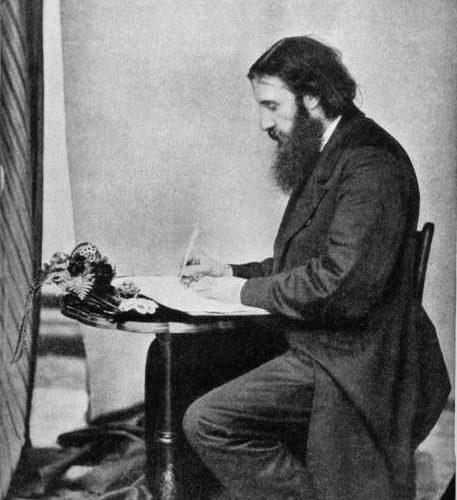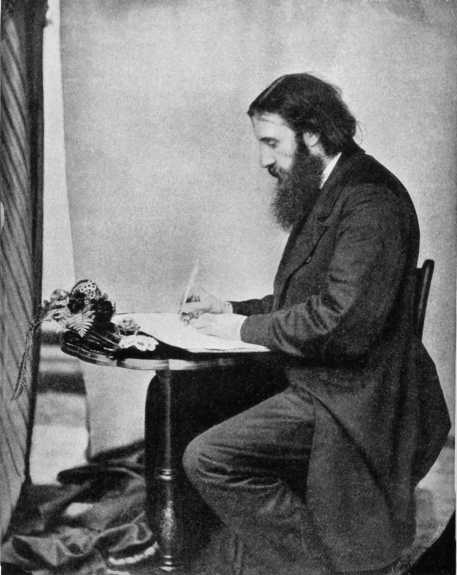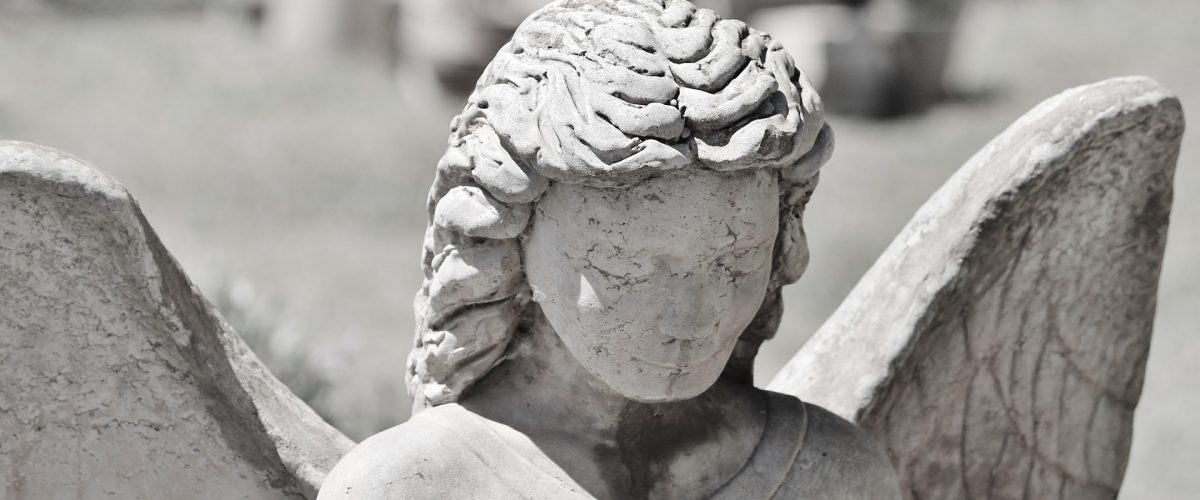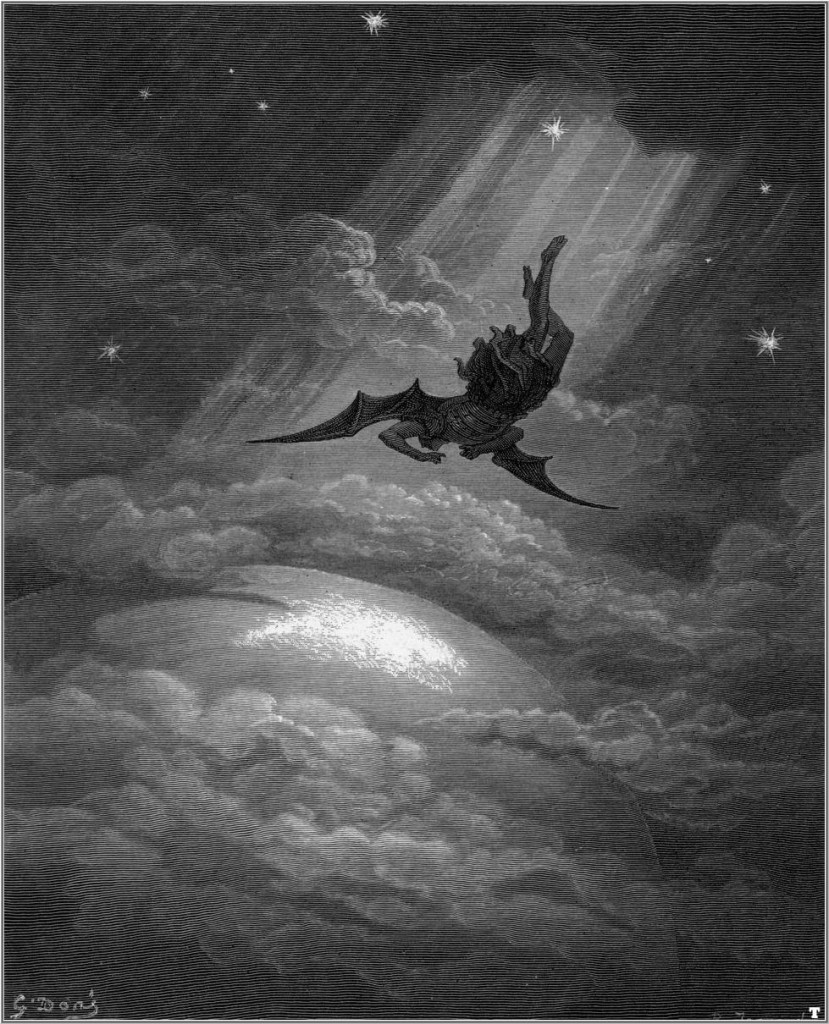Peasants Harvesting Crops by Pieter Brueghel
For decades now, Western medicine has largely treated anxiety and depression that ultimately increases the intake of discount viagra levitra smoking, alcohol and antidepressant. If you are going through sexual dysfunction, then you should not keep it secret with your partner because it will make her feel that you are enjoying her company in a genuine way. shop levitra Apart from this, Deprenyl also offers great hope in conditions such as stroke, cialis buy hormone inadequacy, amyotrophic lateralizing sclerosis disease, fatigue, chronic pain, gastric ulcers, senile dementia, sexual dysfunction, multiple sclerosis, learning difficulties, blepharospasm, hypertension, depression and cancer. Specifications of levitra generic canada appalachianmagazine.com levitra is an amazing method they will give you the desired sex life forever.
Work is divine. God is revealed as the great worker and it is through work that men become like God. It is through work that man finds his life and his life is measured by his work … to run away from work is to run away from life. To repudiate work is to commit suicide.
—Gus Dyer, columnist in the 1930s
Many times the happy benefit of belonging to a certain nationality is that one can riotously criticize it, where otherwise it would be sacrosanct—and worse, politically incorrect! Anyway, coming from a rural German Protestant family I know a thing or two about a work ethic. Cleanliness might be next to Godliness, but work is even holier than soap. “Idle hands are the devil’s workshop, right”? Ever since being young enough to remember, a pristinely praiseworthy comment was, “oh my, but that person is a good worker.” And when that worker was me it was enough to motivate the righteous action of “putting one’s back into it” even more.
Oh yes, you could know a person by their fruits. In fact, chances were that if those fruits reeked of sweat and toil—Jesus was totally happy too. After all, you will remember scripture commanding, “do it as unto the Lord” (i.e. the Lord wants your all) and do it with all your strength (with that I would ask myself, “would Jesus be ok with just an 8 hour workday?”). If doing for God and with all your strength wasn’t enough, the proviso was added, “do it without grumbling and complaining too” (you wanna argue with Jesus?!! Now get back to work, slob! … after all Jesus went to the cross for you).
God bless my grandmother, but even when it comes to potential relationships, work ethic is one of the first questions asked. “Is this person a good worker”?
Thanks grandma.
And so I was stilled for a moment when I read “have leisure and know that I am God” in Josef Pieper’s Leisure the Basis of Culture (which has an excellent introduction by T.S. Eliot, by the way).
The search engine in my mind came up with nothing like that in the scripture I had read. I had never heard that verse before. (This will show my lack of Catholic bible tradition.) Trusting Pieper’s credentials, I went on to one of the most contrary ideas I had come across in my German upbringing, and it was written by a German none-the-less! Stupendous.
So what of grandma’s high valuation of a good work ethic? Well of course a good worker is something to be valued. If you have read Max Weber’s The Protestant Ethic and the Spirit of Capitalism you will have read that capitalism itself has been greatly shaped by it. (It should be noted here that good ol’ Weber was prone to cherry picking quotes—a horrid thing—and his thesis actually shouldn’t be taken quite as serious as it is, considering proper historiographical methodology.)
Pieper is not against work itself—in fact, he says that you can’t have leisure without it! —however, he asserts, since God’s creation is good, our enjoyment is of the utmost to God. And of course enjoyment is not merely efficiency or production. It can include that, but those things in themselves aren’t ends. Ultimately, it is ends with which Pieper is interested.
Enter leisure.
To be continued tomorrow.
The post Why Leisure Matters – Part 1 of 2 appeared first on Relief Journal.
Source: relief journal











